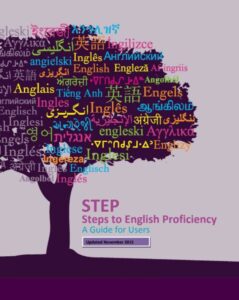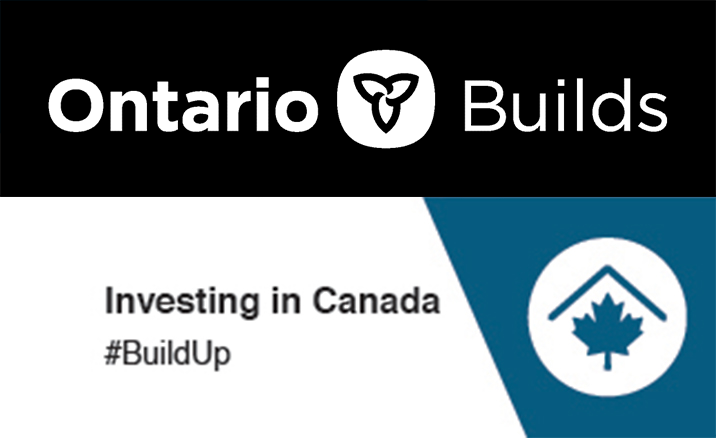Steps to English Proficiency (STEP)
Steps to English Proficiency (STEP) shows what Multilingual Language Learners (MLLs) can do as they learn English by:
- Listening
- Speaking
- Reading
- Writing
STEP is guided by the Ontario Language curriculum.
Two Main Purposes of STEP
- to help teachers with programming
- to track the student’s ability to understand, speak, read, and write in English
The program for students (ESL or ELD) and their STEP placement in that program based on initial and ongoing assessments and observable language behaviours. It usually takes a student 5-7 years to learn the academic language required for school. The 6 STEPs tell what this language development looks like at the rate of about one STEP per year.
The ESL (English as a Second Language) Program
Students in an ESL program:
- Have developed language and literacy skills in school before coming to Canada.
- Are adding English to the literacy skills already developed in their previous language of instruction.
The ELD (English Literacy Development) Program
Students in an ELD program:
- Have had limited or interrupted opportunities to develop literacy skills and academic knowledge in any language.
- Respond to targeted instruction in literacy and numeracy as they learn English.
- Have practical knowledge and skills from their lived experiences.
Modifications and Accommodations to Curriculum
Students in ELD programs and students in ESL programs who are working at early STEP levels may need temporary modifications to the curriculum. Modifications are changes in the grade level, number, or complexity of curriculum expectations.
Multilingual language learners who do not need modifications will often still benefit from accommodations. Accommodations are teaching strategies used with select students to help them learn without changing the grade level curriculum expectations for those students.
Elementary Schools
In Elementary schools, modifications will be written on an EPP (ESL Program Plan or ELD Program Plan). Students on modified programs will have the ESL/ELD box checked on their report card. Students do not require an EPP to receive accommodations.
Secondary Schools
At Secondary ELD/ESL sites, some courses are specially designed for multilingual language learners in ELD or ESL. These classes have specially trained teachers, smaller class sizes, and targeted resources for students learning English and building literacy and numeracy skills. All MLLs can receive accommodations in any course to support English language learning.
Our goal is for your child to be learning the same things as other students, even if that means that your child may get a D (level 1). If your child needs more support, teachers may temporarily change what students are learning. This is called modifying curriculum.
Make sure you ask your child’s classroom teacher what your child’s STEP levels are in Speaking, Listening, Reading and Writing.
| MLL Accommodations | MLL Modifications |
|
|


